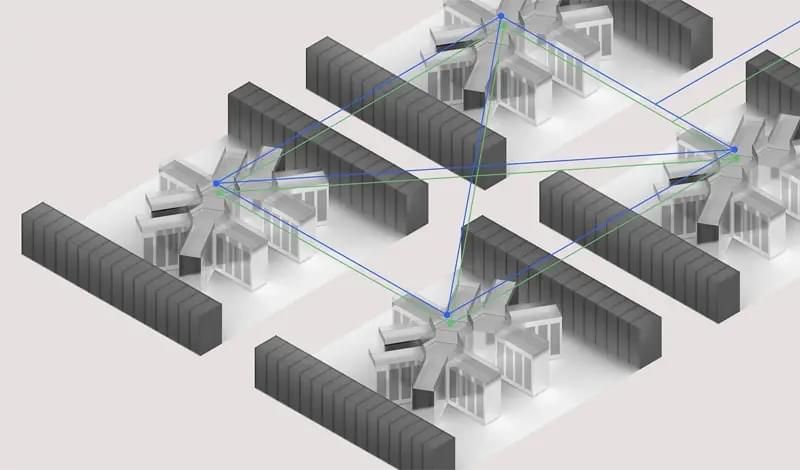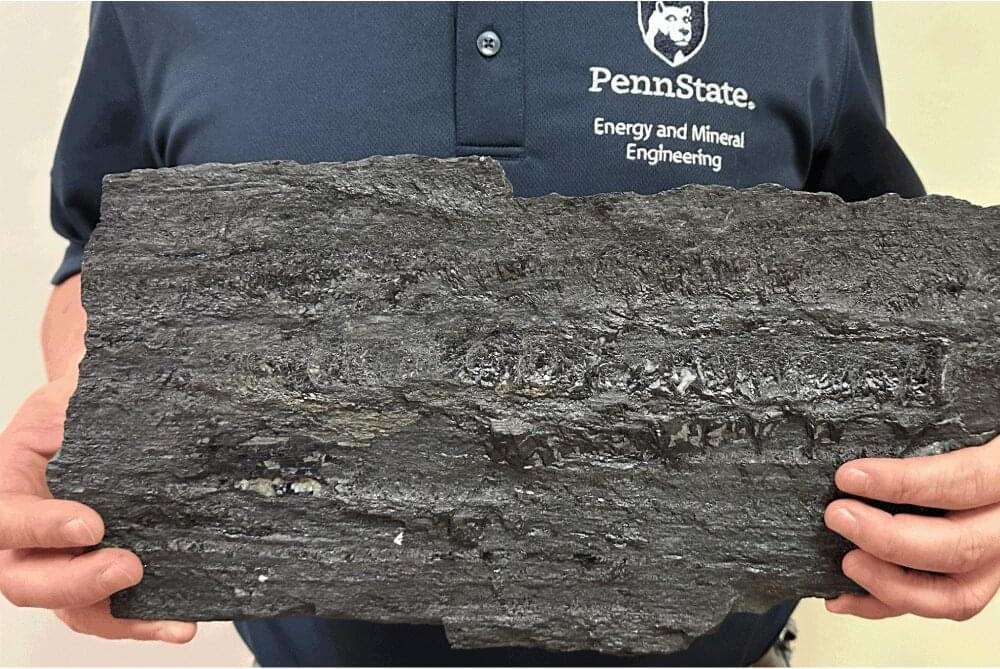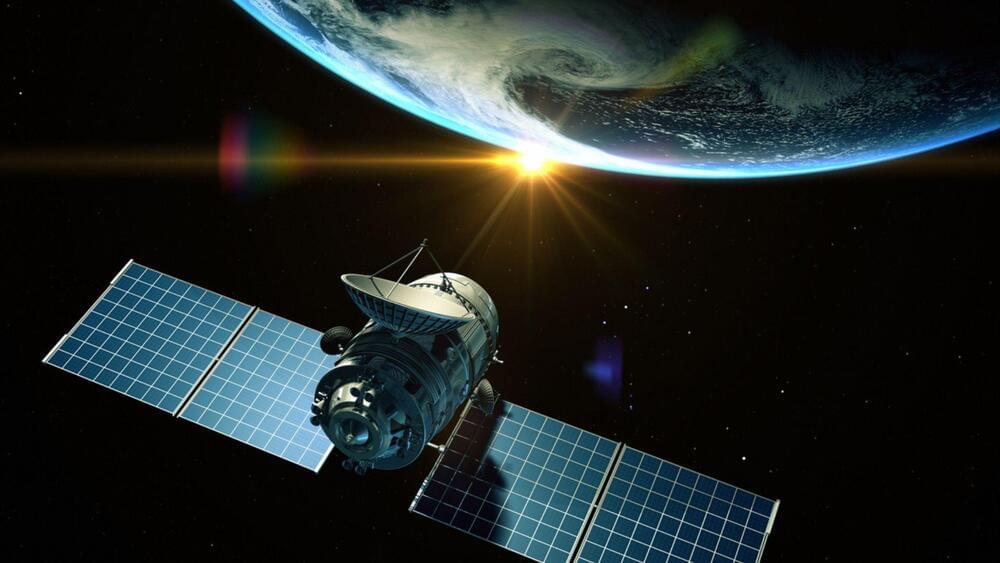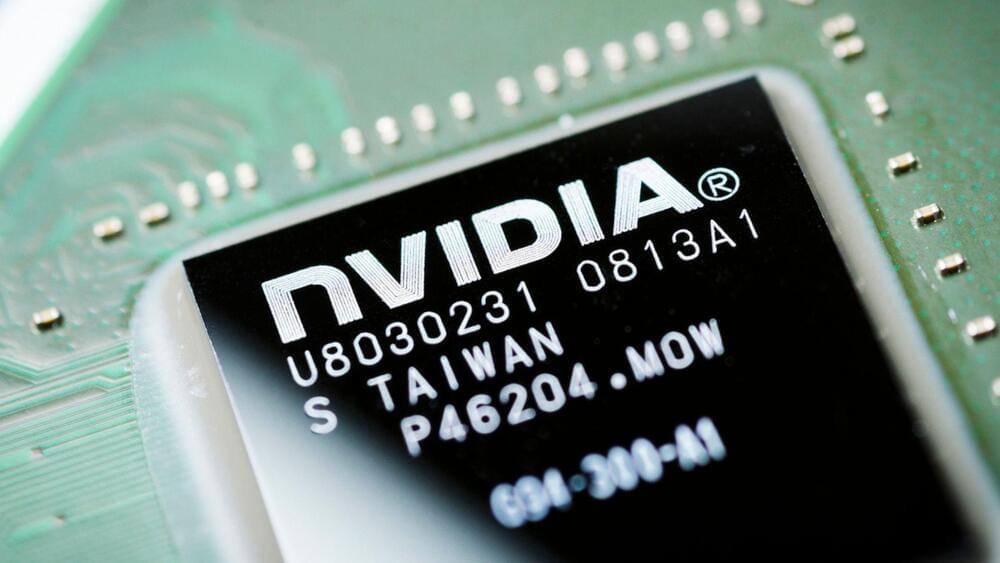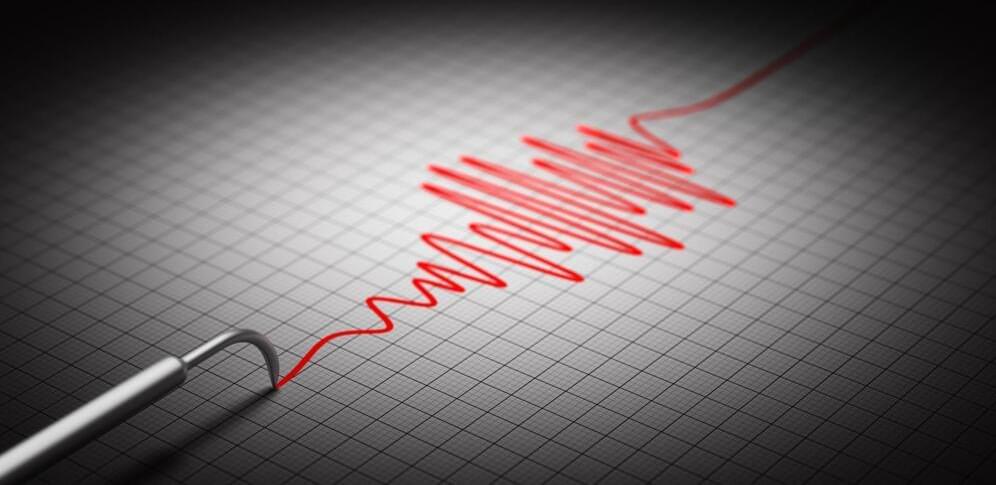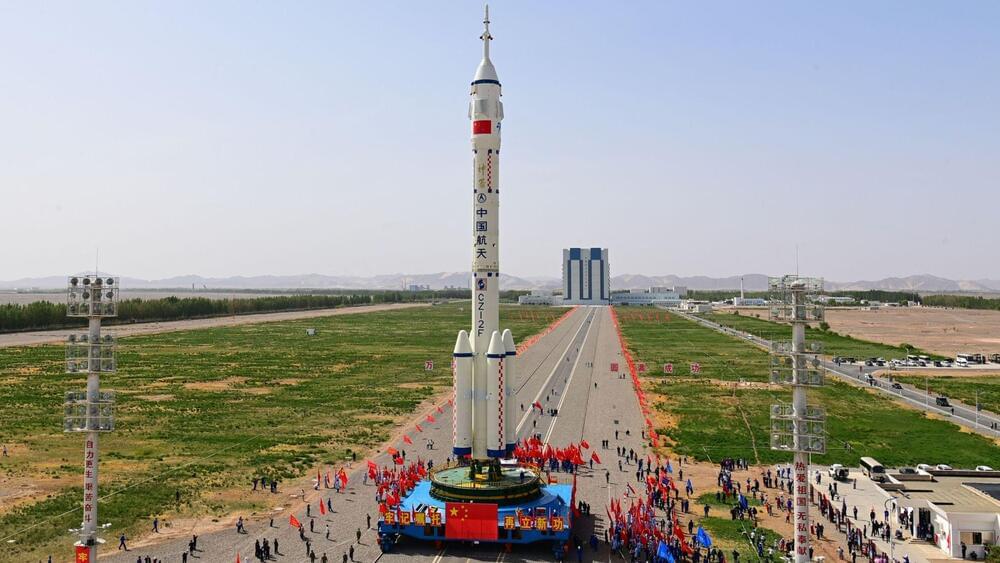May 29, 2023
Hope for age-related hearing loss with novel gene therapy
Posted by Genevieve Klien in categories: biotech/medical, genetics, life extension
Age-related hearing loss impacts one in three adults between the ages of 64 and 75 in the US, and around half of these numbers are down to genes.
The extra kicker, though, is that because hearing involves a complex genetic toolkit, it also makes this kind of hearing loss incredibly difficult to treat.
A team of researchers has for the first time targeted age-related genetic hearing loss in a much older cohort of mice, which had a mutation of the human transmembrane serine protease 3 (TMPRSS3) gene that results in autosomal recessive deafness 8/10 (DFNB8/DFNB10).



